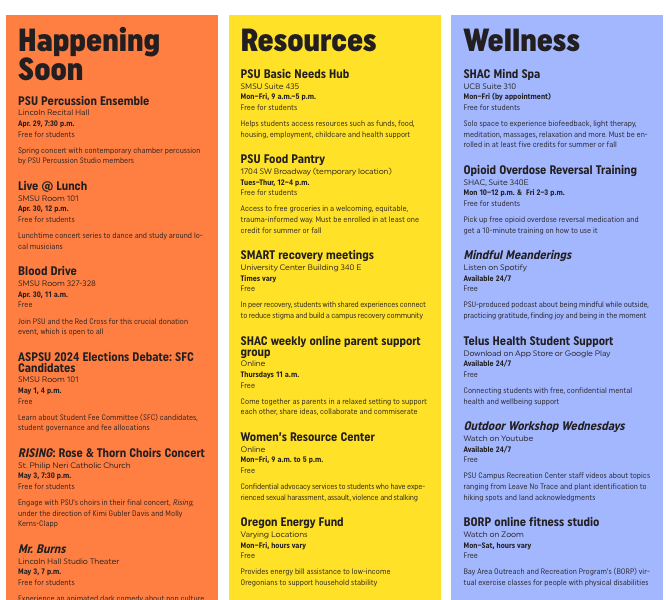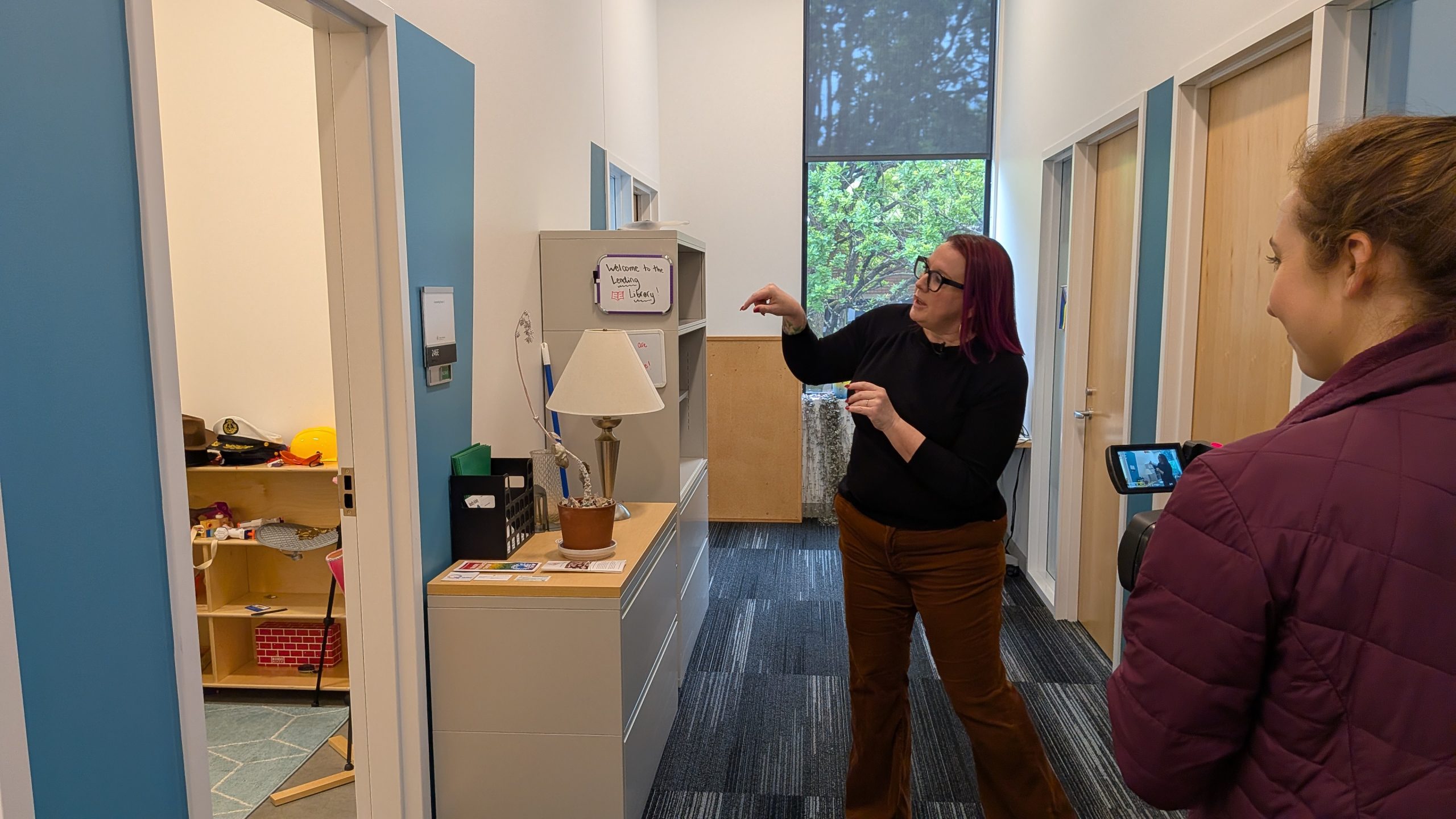House Bill 4024—a bill to limit campaign donations—passed through the Oregon State House of Representatives and Senate with bipartisan support and sailed right onto the Governor’s desk, where it was signed into law. The bill, which will go into effect in 2027, is a significant reform that will transform Oregon from a state with no campaign finance contribution limits to one where individuals and corporations can only donate $3,300 per election.
According to Oregon Public Broadcasting, Political Party Committees can contribute up to $30,000, and Membership Organizations—i.e., labor unions, nonprofits and charities—can contribute $26,000.
It also requires dark money groups—nonprofits that previously donated money to campaigns, or otherwise advertised and organized on behalf independently, without disclosing their revenue sources or donors—to reveal their donors.
The law started as a negotiated compromise between two groups, Oregon Business & Industry and Honest Elections Oregon. Both groups planned on presenting reform bills as initiatives in the 2024 election but realized they would be competing against each other. After discussing and negotiating, they presented a joint bill to the Oregon State House.
The champions of the bill were bipartisan, with one being a right-leaning, pro-business group and the other a left-leaning, election-reform group. Due to its nature as a bill with bipartisan support, it maintained this support and passed with supermajorities in both the House and Senate.
“The passage of the bill represents the best of what’s possible when people with different viewpoints and who have a common goal can thoughtfully come together and provide the leadership that Oregonians so want to see,” Governor Tina Kotek stated in The Oregonian.
“The bill will finally meaningfully limit campaign contributions in Oregon,” House Speaker Julie Fahey stated in The Oregonian. “It will level the playing field between everyday Oregonians and the billionaires who have been pouring money into Oregon campaigns in recent years.”
On campus, students and local politicians have reacted to the news in many ways. “[The bill] will mean that campaigns are going to need to be much more efficient and effective with their messaging going forward because they just won’t have the kind of budgets that they used to,” said PSU global studies student Harrison Temple.
Logan Laity—PSU student and candidate for State House District 32—had some criticisms of the new law.
“The first thing you need to know about this law is it does a great job of establishing minimums for different types of organizations that coordinate with campaigns,” Laity said. “The tricky part is that we have an entire class of political spending that isn’t coordinated with campaigns.”
Laity’s fear is that these groups, already disconnected from the campaign, will both grow in funding and grow further disconnected from the campaign they support. This could confuse messaging around election times and could even cause vote splitting.
“The second thing [that] is gonna happen is all those big-dollar donors who can’t directly interface with the campaign anymore… are going to form more dark money groups, and they are going to spend through those dark money groups,” Laity said. “What that means is you’re going to have campaigns who put out their messaging and what they want to say, but then there’s going to be a separate organization saying a completely different thing on your behalf.”
Laity also criticized the bill for not expanding funding to enforce this bill. “With the additional resources they are going to need to put in place, there is not nearly enough funding to actually enforce the provisions against dark money spending,” he said.
Despite these criticisms, Laity explained that he and many still support the bill. He noted that he spent five times less per vote last election, as opposed to his competition who solicit and accept corporate cash and were flooded with cash from these sources.
“We needed this,” Laity said. “I know I spend a lot of time talking about the dark money, because it’s an overlooked portion of this bill, but at the end of the day we really did need this reform. What we’re doing is… putting more power in the hands of the grassroots donor and more hands [towards] the power of organized labor. And that’s inherently a good thing for our democracy, but it’s supposed to be from the bottom up and not from the top down.”
Temple echoed this point, saying he thinks the bill is a step in the right direction.
“If we really want to put the representative in representative democracy, it requires that it be a mass participation, not just the participation of those most able to pull out their wallet,” Temple said. “I think that it isn’t the total solution, but it is a step in the right direction for ending the kind of corporatist politics that we’ve seen in the country after the passing of Citizens United [v. Federal Election Committee]. So it’s a good step in the right direction.”






